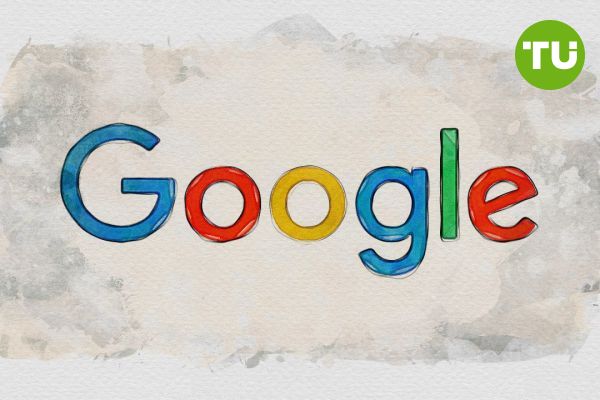DOJ maintains stance on Google divesting Chrome, eases AI investment terms
 DOJ maintains stance on Google divesting Chrome, eases AI investment terms
DOJ maintains stance on Google divesting Chrome, eases AI investment terms
The U.S. Department of Justice (DOJ) continues to pressure Google to sell its Chrome browser, a move first proposed under President Joe Biden’s administration and still maintained in the latest legal filing.
The DOJ argues that Google’s dominance in the tech market has become detrimental to competition, with Chrome’s market share contributing to Google's ability to control the online search industry. Despite this, the department has softened its stance on Google’s artificial intelligence (AI) investments, signaling a shift in its regulatory approach.
DOJ proposes divestment of Chrome, leaves AI investments unchanged
The DOJ’s legal filing, signed by acting attorney general for antitrust, Omeed Assefi, reaffirms the call for Google to divest Chrome, citing the browser's monopolistic effects. However, unlike previous proposals, the DOJ no longer demands that Google relinquish its AI investments, including the billions it has funneled into companies like Anthropic. Instead, the DOJ has opted for a more relaxed approach, requesting prior notification for future AI investments, a departure from its earlier demands for mandatory divestitures.
In contrast to its more lenient position on AI, the DOJ maintains that Google’s illegal conduct in the online search industry must be addressed. It argues that Google’s practices have led to an economic monopoly, leaving competitors with little chance of thriving. The DOJ also continues to pursue other measures, such as prohibiting Google from making search-related payments to its distribution partners.
This proposal follows a legal battle stemming from antitrust suits filed by the DOJ and 38 state attorneys general. A judge recently ruled that Google had acted illegally to maintain its monopoly in search, a decision that Google plans to appeal. However, the company has proposed its own solution to address the court’s concerns, claiming that it would offer partners more flexibility in their dealings with the tech giant. Google is set to argue its case in court in April, where Judge Amit P. Mehta will determine the next steps in the ongoing antitrust investigation.
Also, earlier, the U.S. retreats from demanding Google sell AI assets.













































































































































